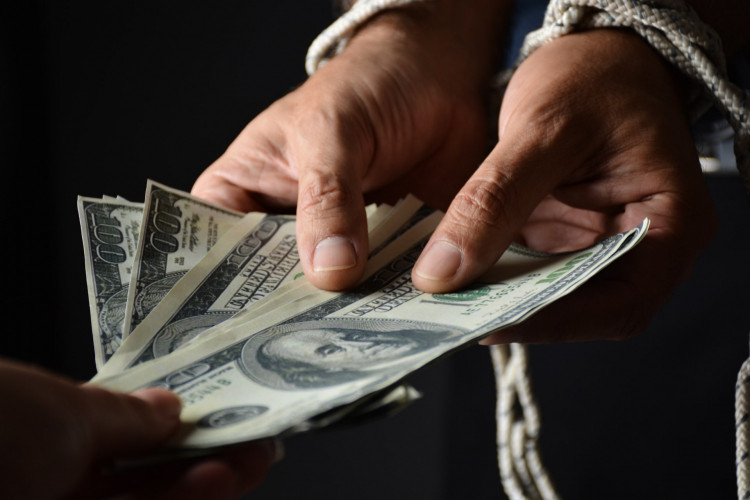The trial of Archegos Capital Management founder Sung Kook "Bill" Hwang and former Chief Financial Officer Patrick Halligan began on Monday in Manhattan federal court, with prosecutors accusing the defendants of lying to Wall Street banks to secure billions of dollars in funding, which they then used to inflate stock prices. The 2021 collapse of the $36 billion fund caused more than $100 billion in shareholder losses at companies in its portfolio, harming investors who sold shares after the scheme fell apart.
Assistant U.S. Attorney Alexandra Rothman told the jury that Hwang sought to become a Wall Street legend by pumping the value of his holdings through manipulative trading, turning Archegos into a criminal enterprise. "Bill Hwang was a billionaire and yet he risked nearly everything because he wanted more: more money, more success, more power," she said, adding that despite having it all, "it wasn't enough."
Hwang's attorney, Barry Berke, countered that his client staked his own cash on companies he believed in deeply, stating, "The reason he did it was because he had the courage of his convictions." Hwang appeared in court wearing a grey suit, flanked by his lawyers as the trial commenced.
The case, which is expected to last up to eight weeks, is being closely watched on Wall Street as a test of prosecutors' ambitious market manipulation theory and is anticipated to shed light on the inner workings of banks' dealings with profitable but risky clients. It is one of several cases brought by U.S. Attorney Damian Williams alleging wrongdoing by powerful investors amid the wild market swings that occurred during the COVID-19 pandemic.
Sung Kook (Bill) Hwang's trial begins over collapse of his $36 billion #Archegos fund
FIGHTS TO AVOID JAIL TIME pic.twitter.com/xET7QdImCh — Henry Chung (@positivecarry88) May 9, 2024
Prosecutors accuse Hwang of using financial contracts known as total return swaps to secretly amass outsize stakes in multiple companies without actually holding their stock. His positions were allegedly so large that they eclipsed those of the companies' largest investors, driving up stock prices. At its peak, prosecutors say, Archegos had $36 billion in assets and $160 billion of exposure to equities.
The collapse of Archegos was triggered by falling stock prices in March 2021, which led to margin calls that the fund was unable to meet. This, in turn, prompted some banks to dump the stocks backing Hwang's swaps, causing billions in combined losses for Archegos and banks including Morgan Stanley, Credit Suisse (now part of UBS), and Nomura Holdings.
Hwang and Halligan are charged with racketeering conspiracy, with Hwang facing an additional 10 counts of fraud and market manipulation, and Halligan an additional two counts of fraud. Each count carries a maximum potential sentence of 20 years. Hwang's lawyers have described the case as the "most aggressive open market manipulation case ever" brought by prosecutors, with several attorneys telling Reuters it may be a tough case for the government.
Archegos head trader William Tomita and Chief Risk Officer Scott Becker have pleaded guilty to related charges and are expected to testify at the trial, along with some bank executives who may appear on the witness stand.
The alleged fraud began as Hwang worked remotely during the coronavirus pandemic in the spring of 2020, when COVID-related market losses prompted him to reduce or sell many of Archegos's previous investment positions and build extraordinarily large positions in a handful of securities. The investment public was unaware of Archegos's dominance in the trading and stock ownership of multiple companies because the firm used derivative securities with no public disclosure requirement to build its positions.






